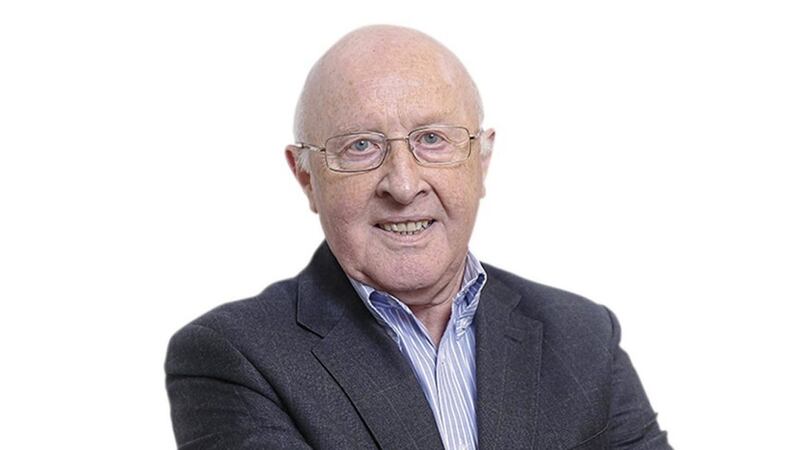Irish archives record German Chancellor Helmut Kohl complaining to Charlie Haughey in 1990 about Margaret Thatcher’s opposition to closer European union.
He said: “She thinks the empire is at stake. She must understand that we are not in 1901 but are coming towards 2001.”
Thatcher had already planted the seeds of Britain’s breach with the EC as it was then, and they were germinating in her party.
Kohl was exactly right. Britain had never come to terms with its loss of empire and has still never been able to accept its reduced circumstances as a medium-sized European country. For Thatcher in 1990, what was worst of all was the certainty of being further relegated in the European pecking order by the emergence of a reunited Germany with a population of 80 million.
All the other former European colonial powers had been reconciled to their diminution on the world stage after World War II, for many a difficult and traumatic process. For example, France teetered on the brink of civil war from 1958-63 over the withdrawal from Algeria. Yet, along with Spain, Portugal and the Netherlands, France accepted it was a European power and they all began to build on that to create a bloc to compete with the new world powers, the USA, and the then USSR.
It’s not that senior figures in British government didn’t realise things had changed. In a brilliantly drafted White Paper, ‘The UK and the European Communities’, presented to Parliament in July 1971 to support the government’s application to join the Common Market, Britain’s problems were expertly diagnosed. Alone, the UK was falling behind the growing strength of an economically united mainland Europe in production, technology, education, innovation. After nineteen pages the document concluded that if the UK didn’t join, “In a single generation we should have renounced an imperial past and rejected a European future. Our friends everywhere would be dismayed. They would rightly be as uncertain as ourselves about our future role and place in the world. Meanwhile the [Common Market] would continue to grow in strength and unity without us. Our power to influence the [Common Market] would steadily diminish while their power to affect our future would as steadily increase.” Every word of that remains valid.
Nevertheless, the current British government, a Conservative party now remodelled as the Brexit party, has rejected that advice and the evidence of forty-seven years. Instead, they have harked back to a mythical golden imperial past with cheap labour and raw materials plundered from Africa, India and the Far East. You even hear Brexiteer fanatics like Andrew Bridgen talking fantasy about a trade deal embracing Australia, Canada and New Zealand – note only ‘white’ Anglophone Commonwealth countries – to restore the prosperity of the imperial past.
The opposite awaits. Britain will be alone while the EU, as the 1971 white paper predicted, will grow in unity and strength. As former EU President Donald Tusk told a surprised audience, “Ní neart go cur le cheile.” (There is no strength without unity). Indeed that was demonstrated in the way the EU united behind its member Ireland. The paradox is that strength in unity means the Republic, since it’s one of twenty-seven, is now more powerful than a bigger Britain. No longer can Britain push Ireland around because Ireland’s backed by the world’s largest trading bloc.
The EU’s power has meant that the UK ended up with a smaller trading territory than it began with – surely a first in a trade deal? Secondly, it’s the only trade deal in history which has resulted in raising barriers to trade rather than reducing them. On the other hand, thanks to the EU’s unwavering support for the Republic, the north of Ireland has ended up with special status in all but name. As a result, next year we’ll see an economically united Ireland – obviously one of the ‘opportunities’ Arlene Foster talks about.









